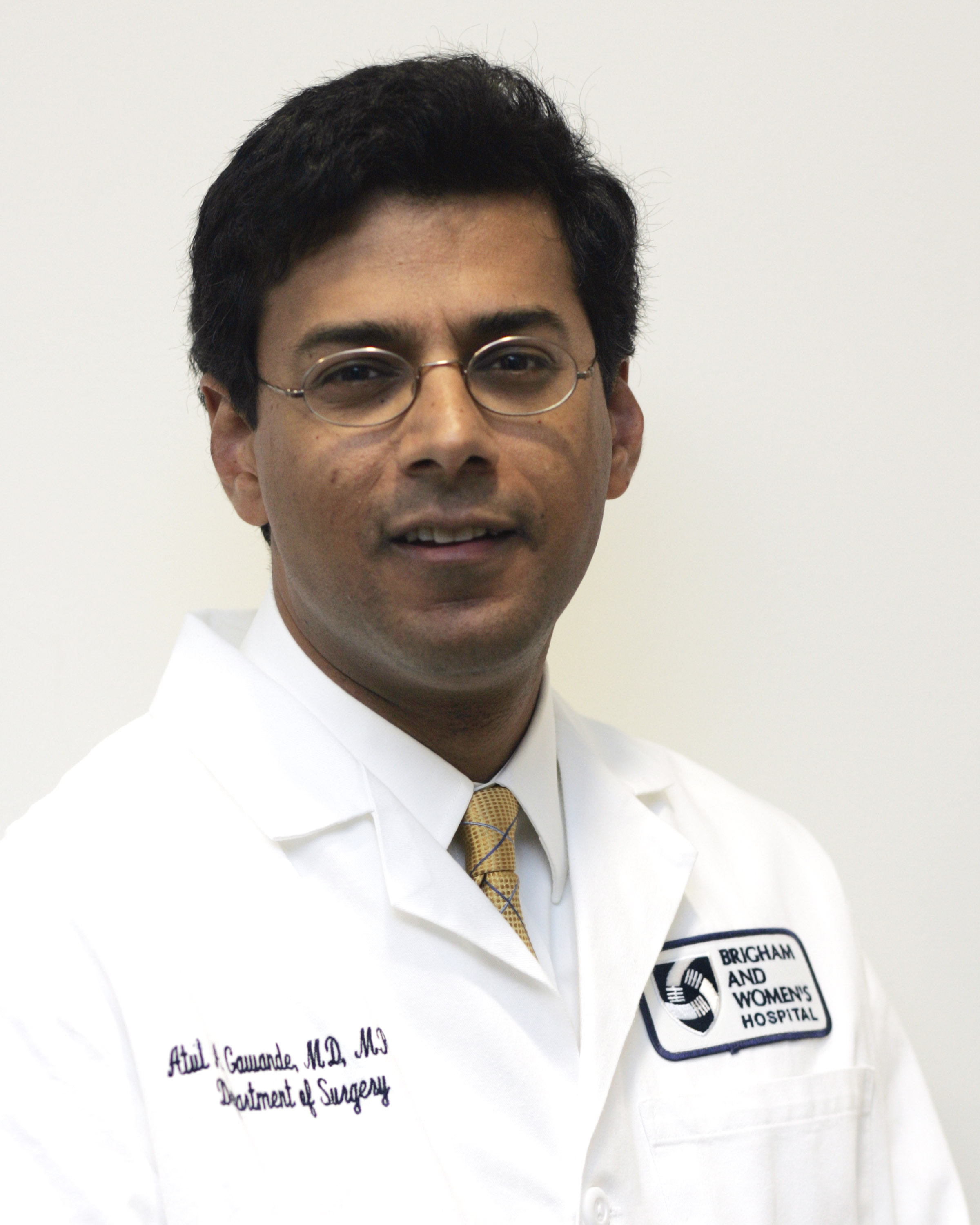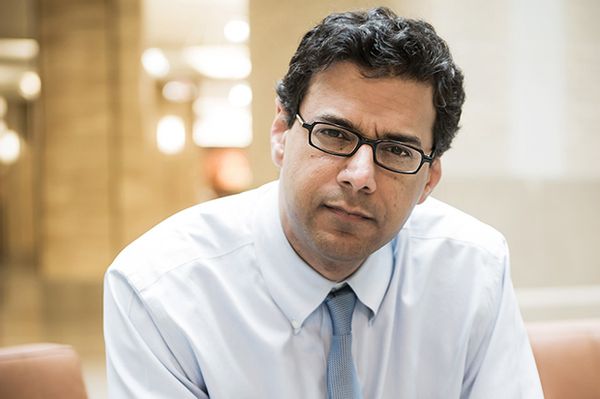

In a way, the whole thesis of this book (which I think is summed up in the sentence in bold above) is pretty remarkable. That our efforts succeed at all is still sometimes a chock to me. Even less clear is whether the actions we choose will prove either wise or helpful. In the actual situations that present themselves, however, we can never be sure whether we have such a moment or not. "The possibilities and probabilities are all we have to work on within medicine.What we are drawn to in this imperfect science, what we in fact covet in our way, is the alterable moment- the fragile but crystalline opportunity for one's know-how, ability, or just gut instinct to change the course of another's life for the better. The best part of the book is the last two paragraphs (and is all you really need to read have said that you have read the book, in my opinion.):

This simply makes sense, nothing new here. Where many ethicits go wrong is in promoting patient autonomy as a kind of ultimate value in medicine rather than recognizing it as one value among others.(A)s the field grows ever more complex and technological, the real task isn't to banish paternalism the real task is to preserve kindness." pg 223-4 Something must be worked out between then, one on one - a personal modus operandi. The doctor should not make all of these decisions, and neither should the patient. But such hard and fast rule seems ill-suited both to a caring relationships between docotr and patient and to the reality of medical care, where a hunderred decisions have to be made quickly. And so we've decided that the patients should be the ultimate arbiter. "But the conundrum remains: if both doctors and patients are fallible, who should decide? We want a rule. However, given the audience of this book (everyone) he does well to treat people about how uncertain medicine really is and how it really comes down to the tricky nature of making decisions and how they should be made in the medical setting:

The book is full of these minor, pseudo-epiphianic moments that come off as weak aphorisms. Next to this paragraph I had written "NO SHIT!" In fact, there was also the new and delicate matter of talking patients through their decisions - something that sometimes entailed its own repertoire of moves and techniques." pg 217 I had thought that meant simply learning the repertoire of move and techniques involved in doing an operation or making a diagnosis. "I had come into residency to learn how to be a surgeon. I have the book in front of me at the moment and I am paging through rereading sections that I noted along the way: This book wss filled with about 25 anecdotes flimsily tied together by Gawande's less than inspiring reflections.


 0 kommentar(er)
0 kommentar(er)
